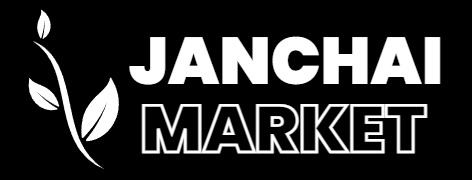Cashew Nut Price in Nigeria, Nigeria, known for its rich agricultural heritage, is a prominent player in the global cashew nut market. Cashew nuts are a vital component of the country’s economy, contributing significantly to export earnings and providing livelihoods for thousands of farmers and traders. In recent years, the cashew nut industry in Nigeria has witnessed notable growth, with increasing demand both domestically and internationally. This article delves into the various aspects that influence the price of cashew nuts in Nigeria.
Production and Harvesting
Nigeria ranks among the top producers of cashew nuts globally, with favorable agro-climatic conditions supporting robust cultivation. The main cashew-producing states in Nigeria include Oyo, Enugu, Benue, Kogi, and Kwara, among others. The harvesting season typically spans from February to June, with peak activity during March and April. This period sees a surge in cashew nut availability, impacting market prices.
Market Dynamics
The pricing of cashew nuts in Nigeria is subject to several factors, ranging from local production levels to global market trends. Domestic demand plays a crucial role, as cashew nuts are not only exported but also consumed within the country. The growing popularity of cashew nuts as a healthy snack has bolstered local consumption, influencing price fluctuations.
International Trade
Nigeria’s cashew nut industry is deeply integrated into the global market. The country exports a significant portion of its cashew nut production to various destinations, including the United States, Europe, Asia, and the Middle East. Global demand trends, currency exchange rates, trade policies, and geopolitical developments all impact the pricing of Nigerian cashew nuts in international markets.
Quality and Grading
The quality of cashew nuts significantly affects their price. Nigerian cashew nuts are graded based on factors such as size, color, moisture content, and shell integrity. Premium-grade nuts command higher prices both domestically and internationally, reflecting consumer preferences for superior quality products.
Government Policies and Support
The Nigerian government plays a crucial role in the cashew nut sector through policies that promote production, processing, and export. Initiatives such as the National Cashew Association of Nigeria (NCAN) and the Cashew Export Promotion Council of Nigeria (CEPCON) provide support to farmers and traders, contributing to a more structured market environment.
Price Trends and Outlook
The price of cashew nuts in Nigeria is subject to seasonal variations, with prices typically peaking during the harvest season due to increased supply. However, market dynamics and external factors can lead to fluctuations throughout the year. Overall, the outlook for Nigeria’s cashew nut industry remains positive, driven by growing global demand and ongoing efforts to enhance production efficiency and quality standards.
In conclusion, the price of cashew nuts in Nigeria is influenced by a complex interplay of factors, including production levels, market demand, international trade dynamics, quality considerations, government policies, and seasonal trends. Understanding these dynamics is crucial for stakeholders across the cashew nut value chain, from farmers and traders to policymakers and consumers, as they navigate the opportunities and challenges in this thriving sector.
You Might Also Like These:
almond joy has nuts mounds don’t
